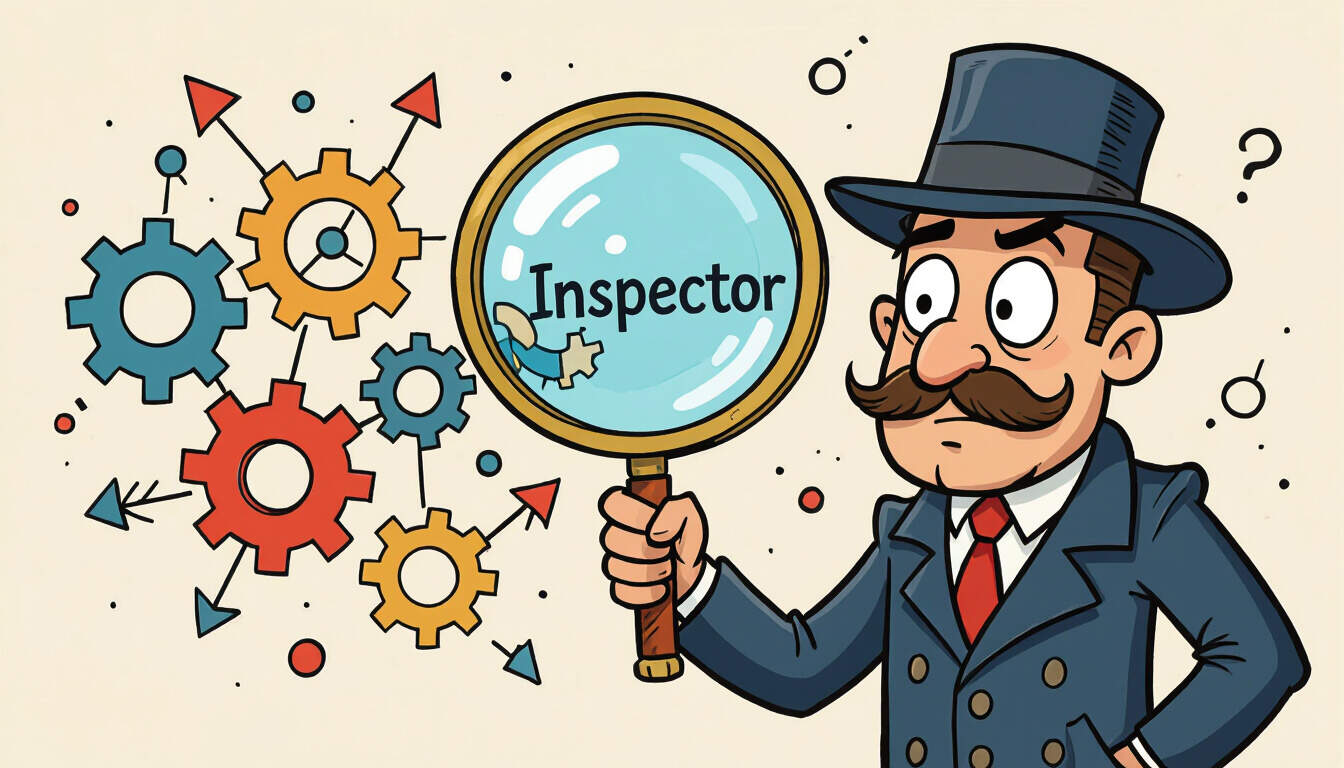Enhancing Revenue Operations Through Process Auditing
 by Shanie Goodwin
by Shanie Goodwin
Process auditing in revenue operations helps identify inefficiencies and boost performance. By examining workflows, businesses can streamline sales and operations for better results. This approach ensures alignment and drives growth through systematic reviews and automation integration.

Revenue operations, or RevOps, focus on aligning sales, marketing, and customer success to drive efficiency and growth. Auditing these processes is essential for maintaining optimal performance. RevOps involves coordinating teams to maximize revenue, and regular audits help spot areas for improvement.
The Importance of Process Auditing in RevOps
Process auditing examines how RevOps functions operate within an organization. It provides insights into bottlenecks that affect sales cycles and overall productivity. For instance, audits can reveal delays in lead qualification or data discrepancies that impact forecasting.
In business settings, effective auditing leads to better resource allocation. By reviewing workflows, companies can ensure that automation tools are used effectively to handle repetitive tasks. This not only saves time but also reduces errors, allowing teams to concentrate on high-value activities.
Key Steps in Conducting a RevOps Process Audit
To begin an audit, start by gathering data from various sources. This includes reviewing sales metrics, customer interactions, and operational logs. A structured approach helps in identifying patterns and potential issues.
First, define clear objectives for the audit. Teams should outline what they aim to achieve, such as improving conversion rates or enhancing data accuracy. Next, involve stakeholders from sales and operations to get a comprehensive view.
During the audit, analyze current processes step by step. For example, map out the customer journey and check for inefficiencies. Auditing tools can assist in this phase by providing analytics on performance.
Once issues are identified, prioritize them based on impact. High-priority problems might include outdated software or misaligned team goals. Implementing changes requires collaboration across departments to ensure smooth transitions.
Integrating Automation in RevOps Auditing
Automation plays a vital role in modern RevOps. It streamlines auditing by handling data collection and analysis automatically. This integration allows for real-time monitoring of processes, making it easier to detect anomalies.
For sales teams, automated auditing means quicker responses to market changes. Tools can flag inconsistencies in pricing or inventory, helping maintain accuracy. Operations specialists benefit from automated reports that highlight trends over time.
One effective method is using software that integrates with existing systems. This setup enables seamless data flow and reduces manual intervention. As a result, businesses can achieve greater efficiency and adaptability.
Benefits of Regular RevOps Process Auditing
Regular auditing offers tangible advantages. It improves decision-making by providing reliable data. For executives, this means better strategic planning and resource management.
Additionally, auditing fosters a culture of continuous improvement. Teams become more proactive in addressing challenges, leading to sustained growth. Over time, these efforts can result in increased revenue and customer satisfaction.
In practice, a company that conducts audits quarterly might see reductions in operational costs. By refining processes, they eliminate waste and enhance performance. This proactive stance keeps businesses competitive in dynamic markets.
Challenges and Solutions in RevOps Auditing
While auditing is beneficial, it can present obstacles. One common issue is resistance from teams accustomed to existing methods. Overcoming this involves clear communication about the value of changes.
Another challenge is the volume of data involved. Solutions include selecting appropriate tools that simplify analysis. Training staff on these tools ensures that everyone can contribute effectively.
By addressing these hurdles, organizations can fully leverage auditing. This leads to more streamlined operations and stronger alignment across functions.
Conclusion
In summary, process auditing is a key component of successful RevOps. It helps businesses identify inefficiencies and implement improvements. Through regular reviews and automation, companies can achieve greater efficiency and drive revenue growth. Investing in these practices positions organizations for long-term success.
